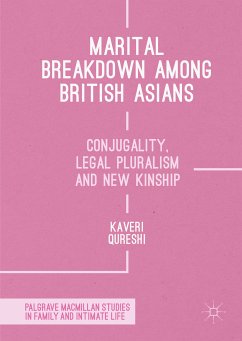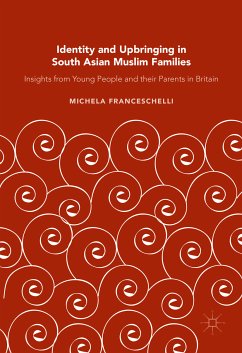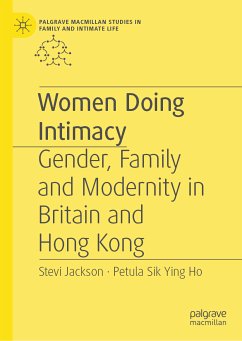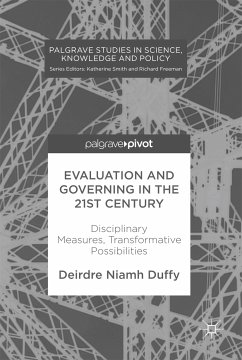Against long-standing characterizations of British Asians as 'flying the flag' for traditional life, this book identifies an increase in marital breakdown and argues to reorient debates about conservatism and authoritarianism in British Asian families. Qureshi draws on a rich ethnographic study of marital breakdown among working class Pakistani Muslims in order to unpick the grounds of marital conflict, the manoeuvres couples undertake in staying together, their interactions with divorce laws and their moral reasonings about post-divorce family life. Marital Breakdown among British Asians argues against individualization approaches, demonstrating the embeddedness of couples in extended family relations, whilst at the same time showing that Pakistani marriages and divorces do not deviate in all respects from wider marital separation trajectories in Britain. Providing new insights into how marital breakdown is changing the contours of British Asian families, this book will be essential reading for scholars and students, clinicians working in couple or family therapy, social workers and legal practitioners.
Dieser Download kann aus rechtlichen Gründen nur mit Rechnungsadresse in A, B, BG, CY, CZ, D, DK, EW, E, FIN, F, GR, HR, H, IRL, I, LT, L, LR, M, NL, PL, P, R, S, SLO, SK ausgeliefert werden.
"Contribut[es] to sociological perspectives concerning the diversity of family and intimate relationships, the book is widely relevant for practitioners." (Parveen Ali, Sociological Research Online, Vol. 25 (3), 2020)
"I thoroughly enjoyed the book, and ... . the book provides a rich and timely insight into the turmoil of immigrant families breaking up." (Anika Liversage, Nordic Journal of Migration Research NJMR, May 28, 2020)
"Qureshi's book makes a rich contribution to broader scholarship on South Asian families, marital breakdown, legal pluralism, new kinship formations and single parenthood in the British South Asian context. It would most likely benefit anthropologists, sociologists, community leaders and students interested in family, marriage, family law, new kinship formations generally, and in the UK South Asian context in particular." (Naseem Jivraj, Association for Feminist Anthropology, October 10, 2019)
"The objective of Marital Breakdown among British Asians is to fill the gap in research investigating marital breakdown in South Asian communities ... . The book is well-written and canvasses concepts and approaches from legal anthropology in an accessible way. It will be of interest to scholars of minority families in the West ... ." (Muhammad Zubair Abbasi, PoLAR Political and Legal Anthropology Review, August 22, 2019)









